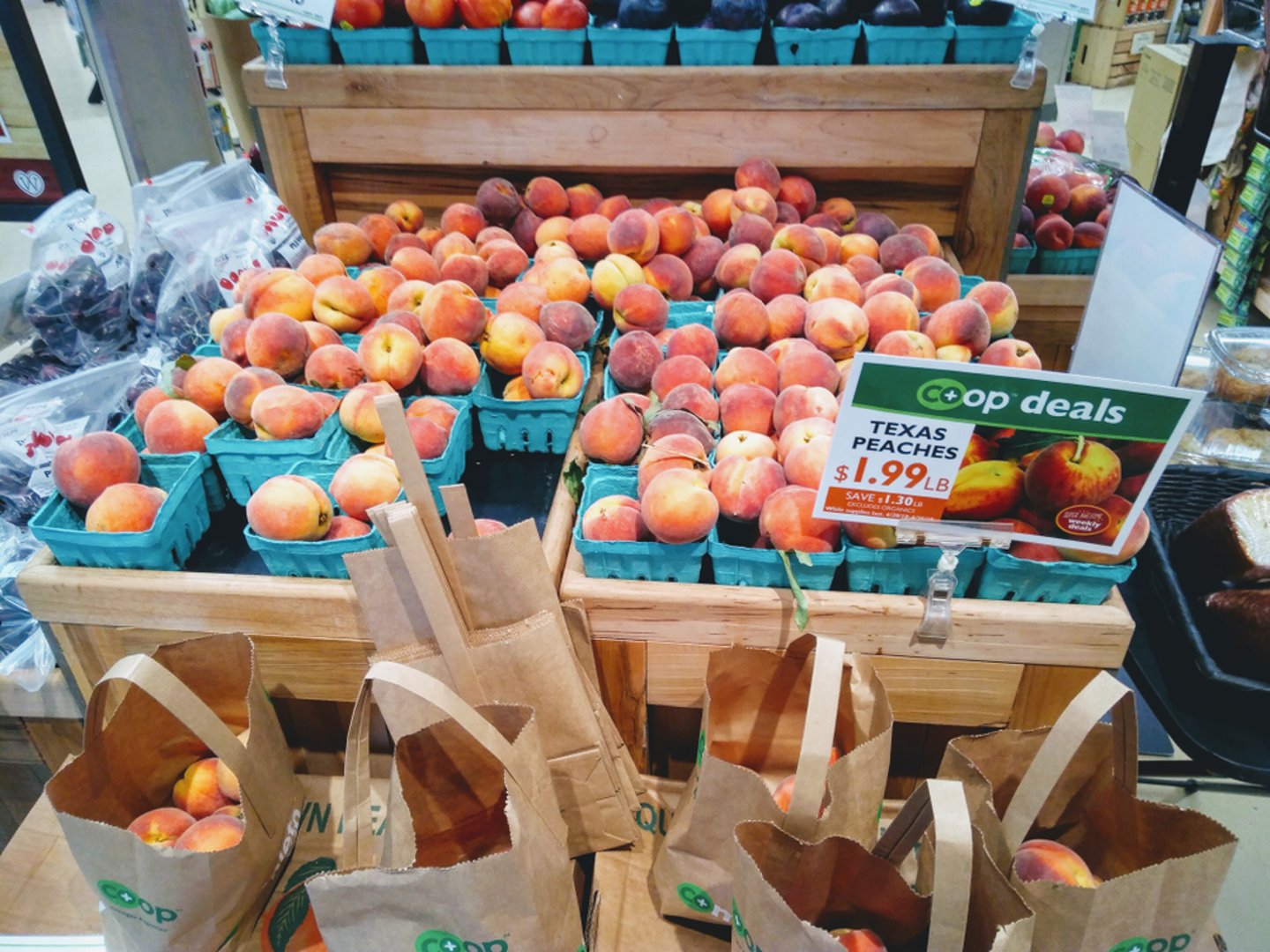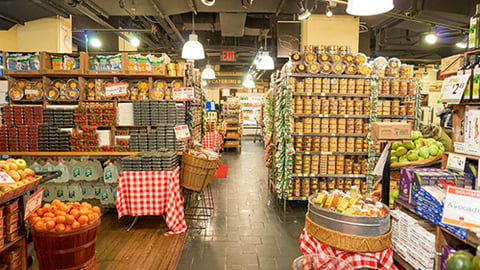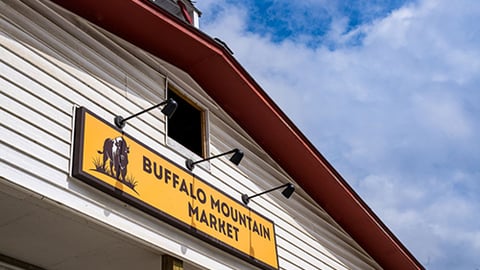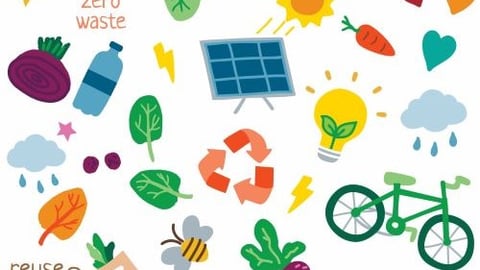Food Co-ops Outpace Traditional Grocers in Sales
Last year, food co-ops in the National Co+op Grocers (NCG) cooperative saw same-store sales growth of 4.7%, compared with the overall U.S. retail food market of under 3% for 2024, according to NGC’s “2024 Food Co-op Impact Report.” The annual report, which analyzes the collective economic, social and environmental impacts and achievements of NCG’s community-owned member food co-ops, also found that members outperformed traditional retailers in shares of local, organic and fair trade product sales.
Based on its findings, NCG attributed food co-ops’ success to their community ownership model and commitment to building local supply chains, among other factors.
Currently consisting of 165 food co-ops, NCG continues to work to maximize members’ success, inclusivity and impact, and to increase the cooperative grocery sector in size and scope in an environmentally regenerative manner. More than 1.3 million U.S. residents now belong to an NCG food co-op.
Food co-ops are industry leaders in supporting local farmers and entrepreneurs. The average NCG food co-op buys from 175 local farms and producers, more than four times as many as similarly sized food retailers (41 farms on average, according to FMI). Twenty-five percent of the average food co-op’s sales come from local products, versus only 2% of sales at a conventional grocer.
Food co-ops also lead in organic product sales. NCG found that 37% of food co-ops’ combined annual $2.8 billion sales come from Certified Organic products, compared with 24% of sales at other natural grocery retailers, and just 3% at conventional grocers, according to 2024 SPINS data.
Further, NCG found that Fair Trade Certified products accounted for 6% of food co-ops’ total sales, higher than other natural grocery retailers (4%) and conventional grocers (0.5%).
Meanwhile, sales of B Corp Certified products made up 9% of the average food co-op’s total sales, higher than other natural grocery retailers (6%) and conventional grocers’ (2%). NCG has been a certified B Corp since 2011.
[RELATED: Dr. Bronner’s Soap Brand to Dump B Corp Certification]
What’s more, food co-ops prioritize products made by other co-ops, including dairy, chocolate and coffee farmer co-ops. Cooperatively produced products account for 5% of food co-ops’ total sales, higher than natural retailers (3%) and conventional grocers (1%).
NCG noted that food co-ops’ democratic process and local-ownership model mean that these enterprises are rooted in their communities and take part in the international cooperative business movement, a business model driven by democracy. Local ownership also means that stores are responsive to community needs, enabling profits to stay in the community and support economic development in the area. Collectively, food co-ops donated more than $9 million to local groups last year, with NCG contributing an additional $1 million to organizations working to advance co-ops’ advocacy priorities at the regional and national levels.
Saint Paul, Minn.-based NCG’s 165 member co-ops operate more than 240 storefronts in 39 states, with combined annual sales of $2.8 billion.






